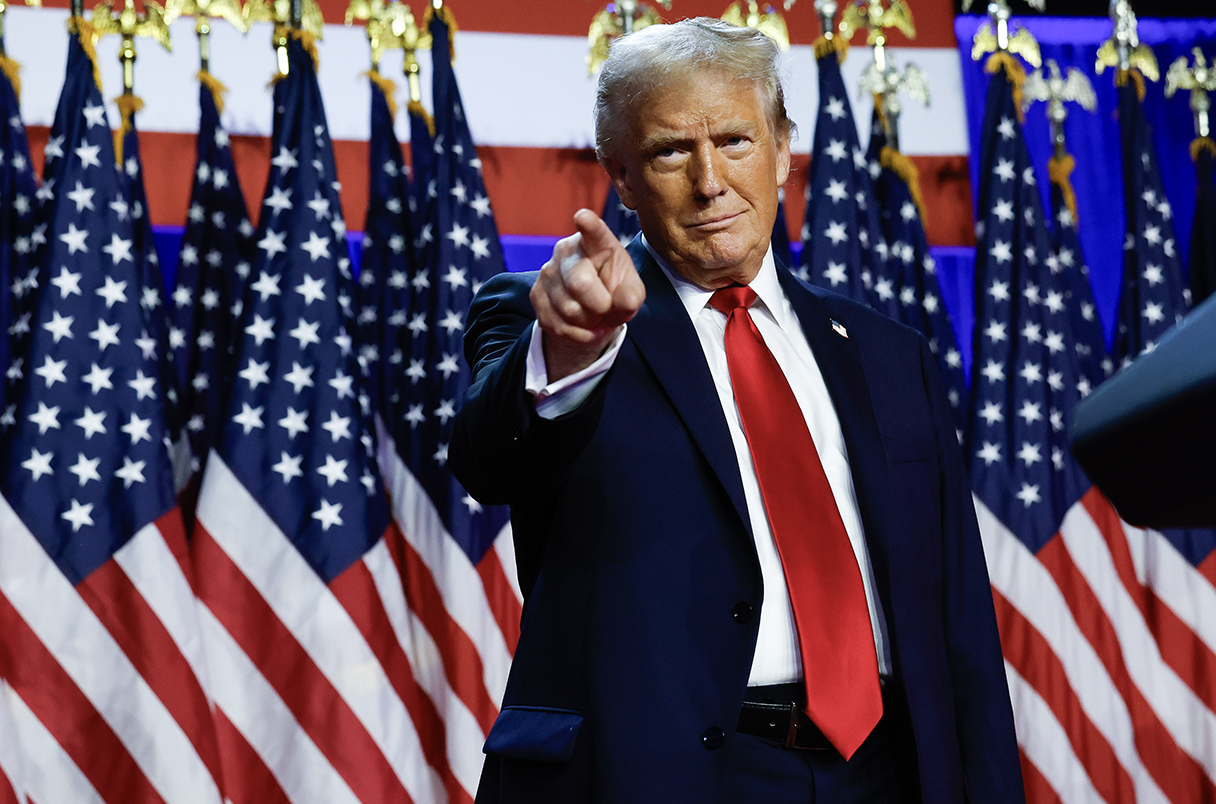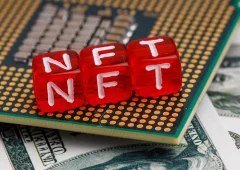Ripple Gave Millions to Trump Before SEC Softened Its Stance
23.04.2025 13:00 2 min. read Alexander Stefanov
Ripple Labs quietly emerged as one of the largest financial backers of Donald Trump’s presidential inauguration, contributing nearly $5 million just months before federal regulators began softening their stance toward the company.
The donation, revealed through a recent filing with the Federal Election Commission, was second only to a $5 million contribution from meat producer Pilgrim’s Pride.
The disclosure showed that the cryptocurrency sector had a notable presence among the inauguration’s financial supporters. According to data shared by Fortune, blockchain-related firms accounted for around $18 million of the $239 million raised.
Major players like Coinbase and Galaxy Digital each offered $1 million, while smaller industry names such as Yuga Labs and Consensys chipped in with $100,000 apiece.
These revelations come at a time when Ripple and the SEC have agreed to suspend litigation. Earlier this month, both parties filed to delay the regulator’s appeal, opting instead to work toward a settlement.
A judge granted a 60-day pause, following Ripple’s earlier agreement to drop its own counter-appeal. The settlement also slashed Ripple’s financial penalty, bringing it down from $125 million to $50 million.
Meanwhile, other crypto firms have seen a shift in regulatory treatment. The SEC dropped its case against Coinbase earlier this year and approved Galaxy Digital’s move to list on Nasdaq. However, not all interactions have been favorable—Galaxy agreed to pay $200 million to the New York Attorney General in March over its involvement with the failed LUNA project.
-
1
Circle Soars in NYSE Debut Amid Surging Stablecoin Interest — But Not Everyone’s Cheering
06.06.2025 11:00 2 min. read -
2
Tether’s Hypothetical IPO Could Value It Above Coca-Cola, CEO Suggests
10.06.2025 11:00 1 min. read -
3
UK Regulators Unveil PISCES – A New Era for Private Share Trading
11.06.2025 15:00 2 min. read -
4
Trump Turns 79 With Billions in Crypto and a $45M Parade
14.06.2025 22:00 2 min. read -
5
Polygon Breaks from Decentralization as Sandeep Nailwal Assumes Full Control
11.06.2025 20:00 2 min. read
SoFi Returns to Crypto with Trading, Staking, and Blockchain Transfers
Digital banking platform SoFi Technologies is making a strong return to the cryptocurrency space, relaunching its crypto trading and blockchain services after stepping away from the sector in late 2023.
Chinese Tech Firms Turn to Crypto for Treasury Diversification
Digital assets are gaining ground in corporate finance strategies, as more publicly traded companies embrace cryptocurrencies for treasury diversification.
Ripple Faces Legal Setback as Court Rejects Bid to Ease Penalties
Ripple has been dealt another legal blow after a federal judge rejected its attempt to ease court-imposed restrictions and penalties stemming from its long-standing battle with the U.S. Securities and Exchange Commission (SEC).
BIS Slams Stablecoins, Calls Them Ill-Suited for Modern Monetary Systems
Stablecoins are failing where it matters most, says the Bank for International Settlements (BIS), which sharply criticized the asset class in its latest annual report.
-
1
Circle Soars in NYSE Debut Amid Surging Stablecoin Interest — But Not Everyone’s Cheering
06.06.2025 11:00 2 min. read -
2
Tether’s Hypothetical IPO Could Value It Above Coca-Cola, CEO Suggests
10.06.2025 11:00 1 min. read -
3
UK Regulators Unveil PISCES – A New Era for Private Share Trading
11.06.2025 15:00 2 min. read -
4
Trump Turns 79 With Billions in Crypto and a $45M Parade
14.06.2025 22:00 2 min. read -
5
Polygon Breaks from Decentralization as Sandeep Nailwal Assumes Full Control
11.06.2025 20:00 2 min. read


